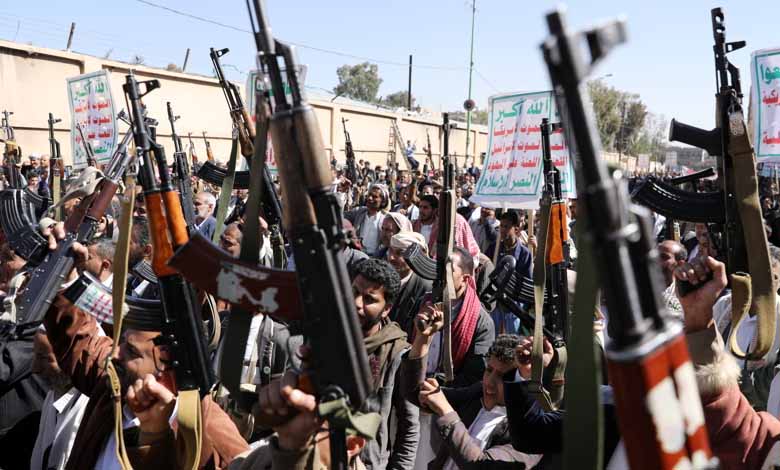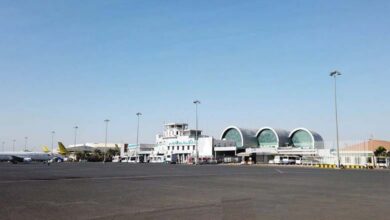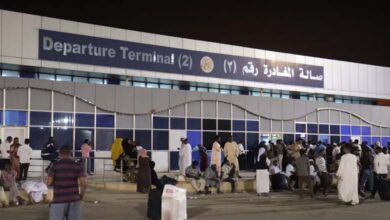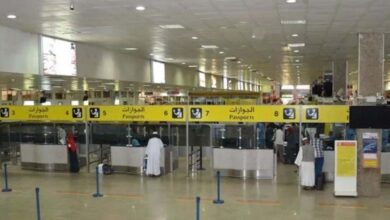Yemen’s truce is coming to an end, and talk of renewing it has stalled

On the eve of the expiry of the UN-brokered truce in Yemen, the government and Houthi rebels have yet to reach an agreement on its renewal, threatening the humanitarian gains of the past two months.
Since it came into effect on April 2 for an initial period of two months, the truce has provided a respite for the country devastated by seven years of war between the government, backed by a Saudi-led military coalition, and the Iran-backed Houthi rebels.
In addition to a relatively respected ceasefire, the truce provides for a series of measures to alleviate the suffering of the population, including the reopening of Sanaa airport to commercial flights, the facilitation of fuel supply and the lifting of sieges imposed on certain cities.
On Wednesday, a Yemenia plane took off from Sana’a towards Cairo, providing the first link between the Yemeni and Egyptian capitals since 2016. The plane left with 77 passengers on board from Sana’a airport, controlled by Houthi rebels and closed to commercial traffic for more than six years, said the office of the UN Special Envoy to Yemen. This is the seventh flight from the capital since the truce came into effect, all of which served the Jordanian capital Amman.
The United Nations and humanitarian organizations have highlighted the positive impact of the truce on the lives of Yemenis, including the halving of civilian casualties, improved fuel supplies and the ability of hundreds of Yemenis, many of them sick, to travel abroad.
On Tuesday, about thirty NGOs involved on the ground sent an open letter to the government and the rebels asking them to “extend the truce agreement, build on the progress you have made possible over the last two months and work for peace”.
Difficult negotiations
But both sides are accusing each other of failing to honor their commitments fully, and no breakthrough has yet been announced in discussions about a possible renewal.
The head of Yemen’s presidential council, Rashad al-Alimi, who heads the Saudi-backed government, met with UN Secretary-General Antonio Guterres on Tuesday by phone to ask him to “redouble the pressure on the Houthi militia to fulfill its truce commitments, including by opening the roads to Taiz,” the official news agency SABA reported. This city of 600,000 people has been surrounded by insurgents for years, and the UN-organized talks last week in Amman, Jordan, have failed to open key entrances.
On Tuesday, the United States said negotiations on extending the truce were “difficult”. The talks “are not over, but they seem a little difficult,” said US Ambassador to the UN Linda Thomas-Greenfield.
The conflict between Houthis and government forces since 2014 has left hundreds of thousands dead and caused one of the world’s worst humanitarian tragedies, according to the UN.












